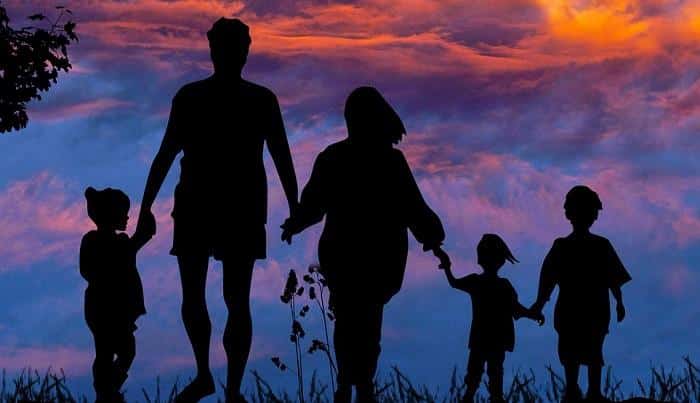Following an outcry from parents and families, two federal agencies have backed off a policy that would have said the government is “equal partners” with moms and dads.
As reported by the Home School Legal Defense Association (HSLDA), the initial language was contained in a draft document by the US Department of Education and Department of Health and Human Services.
“It is the position of the Departments that all early childhood programs and schools recognize families as equal partners in improving children’s development, learning and wellness across all settings, and over the course of their children’s developmental and educational experiences,” the statement says.
The draft document was titled “DRAFT POLICY STATEMENT ON FAMILY ENGAGEMENT FROM THE EARLY YEARS TO THE EARLY GRADES.”
But the controversial language was removed. HSLDA contended that the language implied that schools had the same rights over children as parents. HSLDA’s Will Estrada met with members of the Department of Education to explain the organization’s concerns.
Christian Heroes For Christian Kids: These Amazing Stories Are Putting God Back Into History!
The statement now reads:
“Families are children’s first and most important teachers, advocates, and nurturers. Strong family engagement in early childhood systems and programs is central—not supplemental—to promoting children’s healthy intellectual, physical, and social-emotional development; preparing children for school; and supporting academic achievement in elementary school and beyond. Research indicates that families’ involvement in children’s learning and development impacts lifelong health, developmental, and academic outcomes.”
But the document still contains problems, HSLDA’s Lauren Mitchell explained in a post at the organization’s website.
“The document’s working definition of ‘family’ still includes not only a child’s parents or legal guardians, but ‘all adults who interact with early childhood systems in support of their child, to include biological, adoptive, and foster parents; grandparents; legal and informal guardians; and adult siblings,’” she wrote.
The problem? If there is a conflict between parents and other family members regarding educational choices, parents could lose under this definition.
“There is much work to be done before decades of federal overreach in K-12 education is reversed,” Mitchell wrote.
What is your reaction? Share your thoughts in the section below:
Tired Of Losing Freedoms — And Looking For Another Country? Read More Here.
